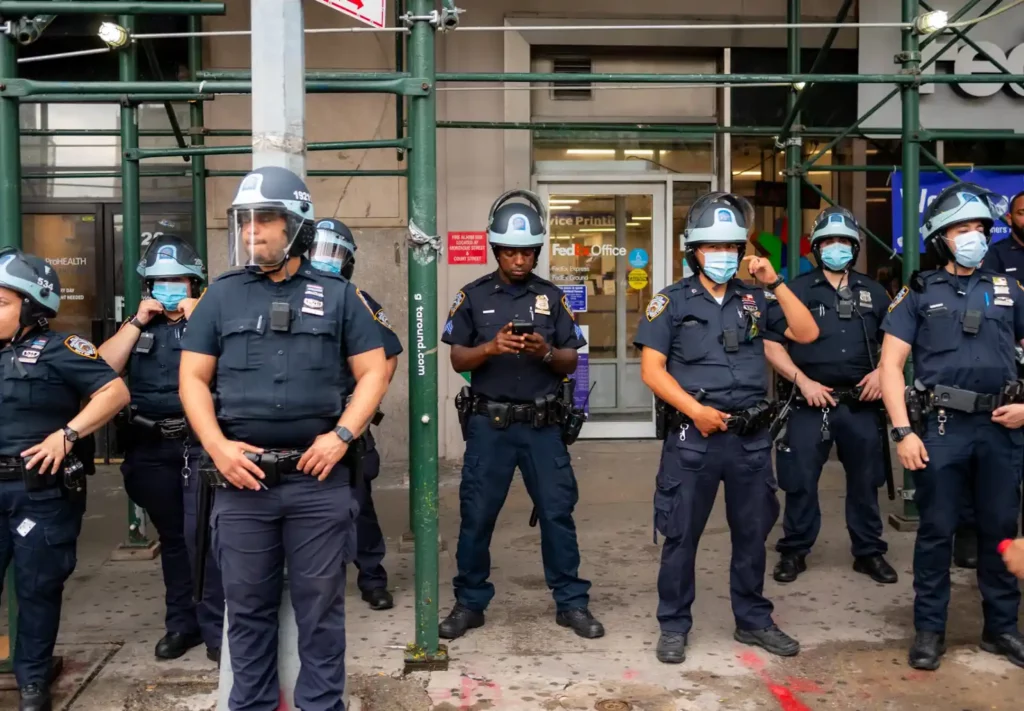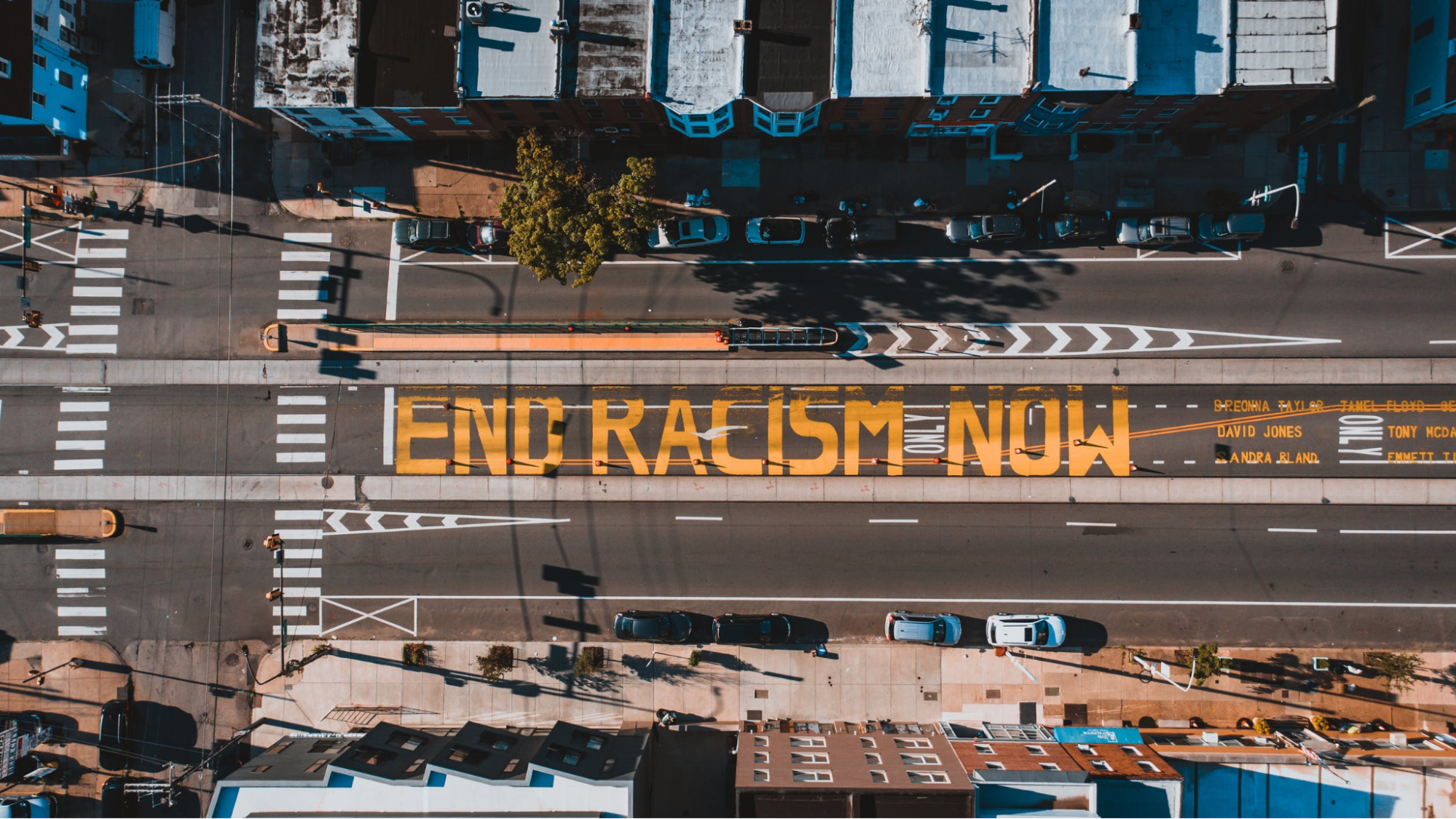Two years ago, George Floyd was murdered by a white police officer in Minneapolis on Memorial Day. Videos of the encounter went viral on social media, sparking outrage, protests in major U.S. and international cities, and calls for a reckoning on policing in America.
Though a majority of Americans still support some forms of police reform, such as prohibiting the use of chokeholds (58%) and prohibiting the deactivation of body cameras (64%), the uproar of summer 2020 appears to have subsided. According to a May 2022 national UMass Amherst poll conducted by YouGov, support for police reforms has decreased across the board in the last year.
Become an insider. Subscribe to our newsletter for more top trending stories like this!
Despite shifting public opinion, state legislators have been taking action. According to data from the National Conference of State Legislatures, more than 1,000 pieces of policing legislation were introduced in 47 states in 2022 alone, addressing everything from use-of-force standards to policing alternatives.
Utah’s sweeping police reform bills were signed into law in April: one requires officers to report misconduct, and another limits no-knock warrants, which some attribute to Breonna Taylor’s death in 2020. On the other side of the country, Virginia has abolished arrest quotas, which “contribute to unjust policing and exacerbate racial disparities,” according to Ashna Khanna, the ACLU of Virginia policy director.
Other states have approached reform in a more collaborative manner. Georgia has enacted a co-responder act, which allows departments to enlist behavioral health specialists in 911 calls involving mental health crises, similar to projects in New York City.
However, many of these legislative attempts at police reform have met with opposition or stalling, particularly in red states, where bills on topics such as law enforcement restraints and requirements for officer-involved death investigations have failed.

Mississippi’s latest legislation to require more transparency in policing around officer-involved deaths, for example, died in the state’s House judiciary committee. Similarly, in March, a transparency bill in Florida that would have required law enforcement officers to wear body cameras and use dash cameras failed in the state Senate.
Become an insider. Subscribe to our newsletter for more top trending stories like this!
There is naturally pushback and backlash when there is a big rush of momentum. After a bill proposing police reform died in Congress in January, President Biden promised to issue an executive order addressing the issue. Following this promise, on May 20th, President Joe Biden issued an executive order to improve policing accountability.
Likewise, localities across the country are passing legislation to address traffic stops, which have disproportionately harmed Black Americans. The Driving Equality Law of Philadelphia, which prohibits traffic stops for minor infractions such as an expired registration, went into effect in March. The country’s first of its kind, lawmakers hope it will put an end to mixed-motive stops, which are stops that are unrelated to any traffic code violation and are instead used to conduct searches.
While legislation may not be able to address the underlying issues that concern advocates, it could be an essential piece of the puzzle in addressing equitable public safety.
Become an insider. Subscribe to our newsletter for more top trending stories like this!





